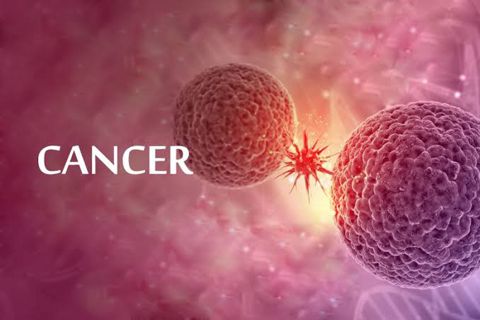
UNDERSTANDING CANCER AND THE ESSENTIAL MEDICAL INTERVENTIONS
Cancer is a complex group of diseases characterized by the abnormal growth of cells that invade surrounding tissues. It poses a significant global health challenge, with millions of new cases reported each year. Addressing cancer requires a multifaceted approach, involving various medical professionals and interventions.
Diagnosis:
Early detection is crucial for effective cancer management. Medical professionals, such as oncologists and radiologists, play a vital role in diagnosing cancer through advanced imaging techniques, biopsies, and laboratory tests.
Treatment Modalities:
Cancer treatment often involves a combination of therapies. Oncologists may recommend surgery to remove tumors, chemotherapy to kill cancer cells, radiation therapy to target specific areas, and immunotherapy to boost the body's natural defenses against cancer.
Multidisciplinary Care:
A collaborative effort among medical specialists is essential. Surgeons, medical oncologists, radiation oncologists, and pathologists work together to tailor treatment plans based on the type, stage, and location of the cancer.
Palliative Care:
Supporting patients in managing symptoms and improving their quality of life is an integral part of cancer care. Palliative care specialists provide relief from pain, stress, and other challenges associated with the disease and its treatment.
Research and Innovation:
Constant advancements in cancer research lead to innovative treatments and therapies. Medical researchers contribute to understanding the underlying mechanisms of cancer, identifying new drug targets, and developing more effective treatment strategies.
Psychosocial Support:
Dealing with cancer goes beyond physical aspects. Psychologists and social workers offer emotional support, helping patients cope with the psychological and social challenges that accompany a cancer diagnosis.
Prevention and Education:
Medical professionals also play a key role in cancer prevention through public health initiatives, promoting healthy lifestyles, and raising awareness about risk factors. Regular screenings and early intervention can significantly improve outcomes.
In conclusion, addressing cancer requires a comprehensive and coordinated effort from a diverse range of medical professionals. From early diagnosis to treatment, palliative care, research, and education, each component plays a crucial role in the fight against cancer. As we mark strides in medical science, the collaborative efforts of these professionals bring hope for better outcomes and an eventual breakthrough in the battle against cancer. Take care.
0 comments
Be the first to comment!
This post is waiting for your feedback.
Share your thoughts and join the conversation.
